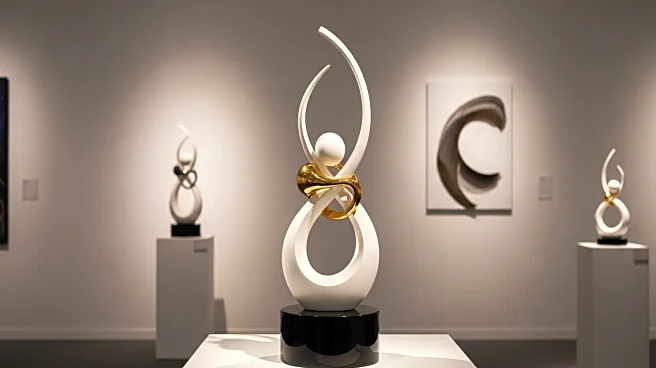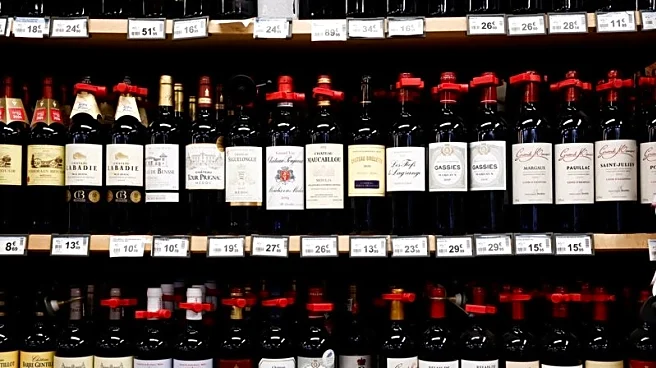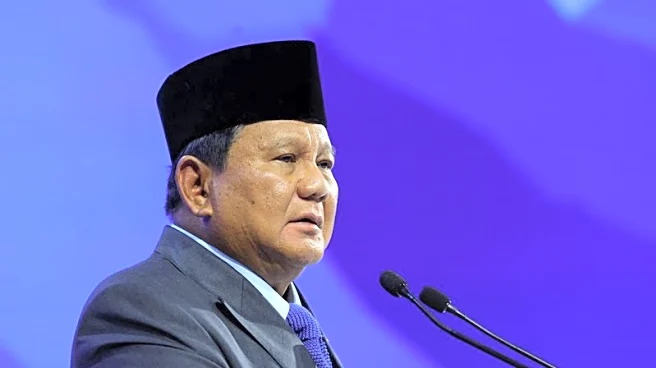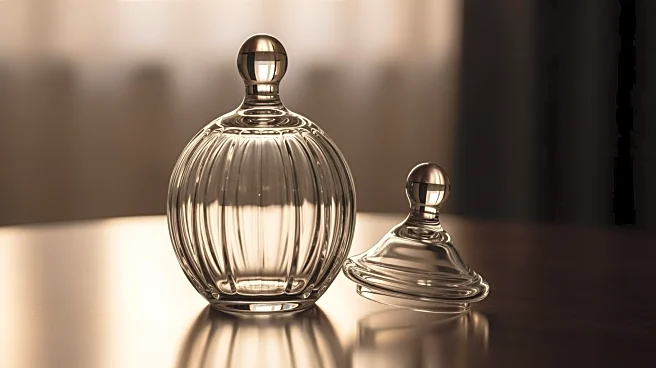What's Happening?
Frieze, a London-based art fair and media brand, is set to expand its presence in the Middle East by taking over the existing Abu Dhabi Art fair. The event will be rebranded as Frieze Abu Dhabi and is scheduled to relaunch next November. This marks Frieze's first venture into the Middle Eastern art market, a move that comes as competition in the region intensifies. Art Basel, a rival art fair organizer, is also planning to launch its own Gulf fair in Doha, Qatar, this February. The announcement coincides with Frieze's flagship events in London and the recent acquisition of the brand by Ari Emmanuel.
Why It's Important?
The expansion of Frieze into Abu Dhabi signifies a growing interest in the Middle Eastern art market, which is seen as a lucrative opportunity for global art fair organizers. This move could potentially increase the visibility and influence of Frieze in the region, attracting international artists, collectors, and galleries. The competition between Frieze and Art Basel in the Gulf highlights the strategic importance of the region in the global art market, which is seeking growth opportunities after experiencing a downturn in sales over the past two years. The presence of these major art fairs could also stimulate local art scenes and economies.
What's Next?
Frieze Abu Dhabi is set to launch next November, and preparations for the event are likely to involve collaborations with local artists and institutions to ensure its success. The art community and stakeholders in the region will be closely watching how Frieze's entry impacts the local market dynamics. Additionally, Art Basel's upcoming fair in Doha will test the waters for international art fairs in the Gulf, potentially setting a precedent for future events. The competition between these two major players could lead to innovative approaches and partnerships within the art industry.
Beyond the Headlines
The expansion of art fairs into the Middle East could have broader cultural implications, fostering cross-cultural exchanges and dialogues through art. It may also encourage investment in local art infrastructure and education, contributing to the development of a sustainable art ecosystem in the region. Furthermore, the presence of international art fairs could challenge traditional perceptions of art and culture, promoting diversity and inclusivity in the global art scene.









